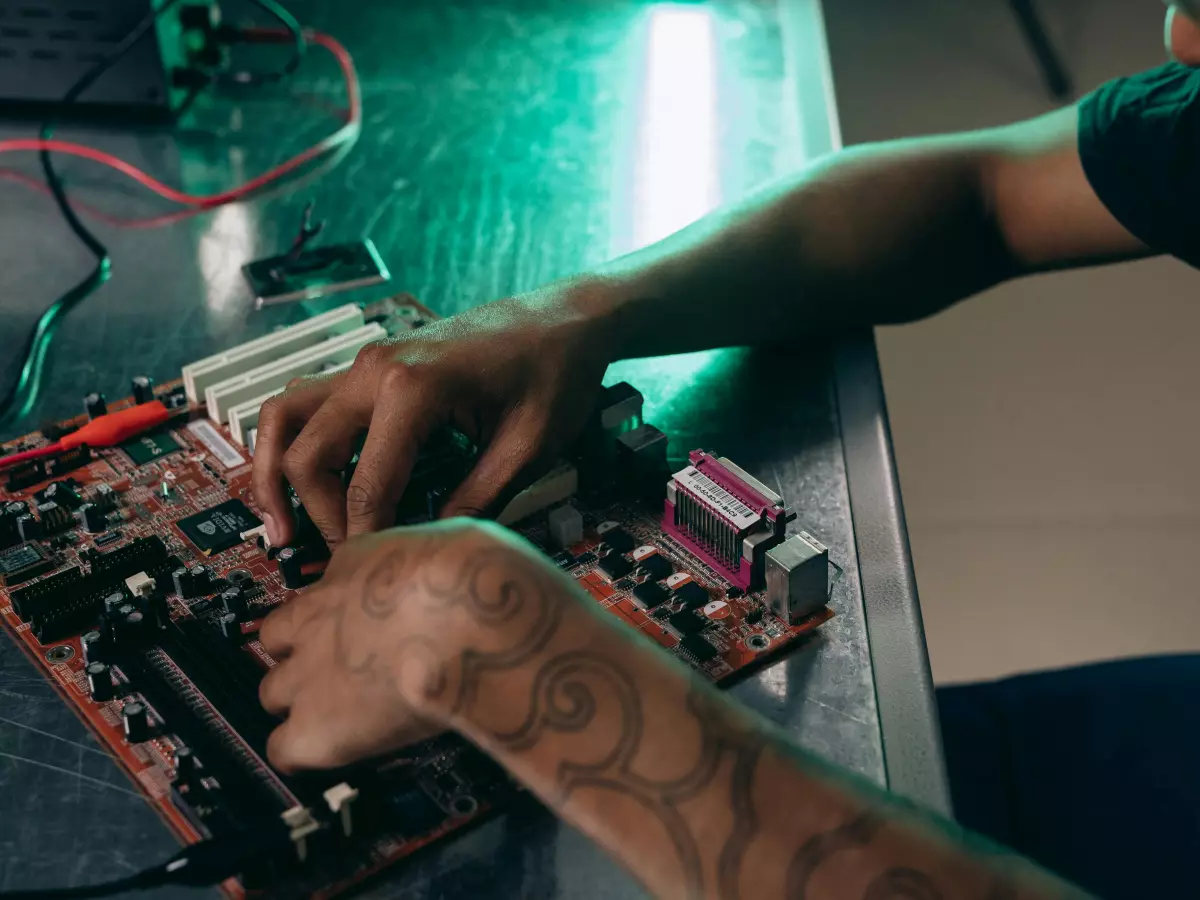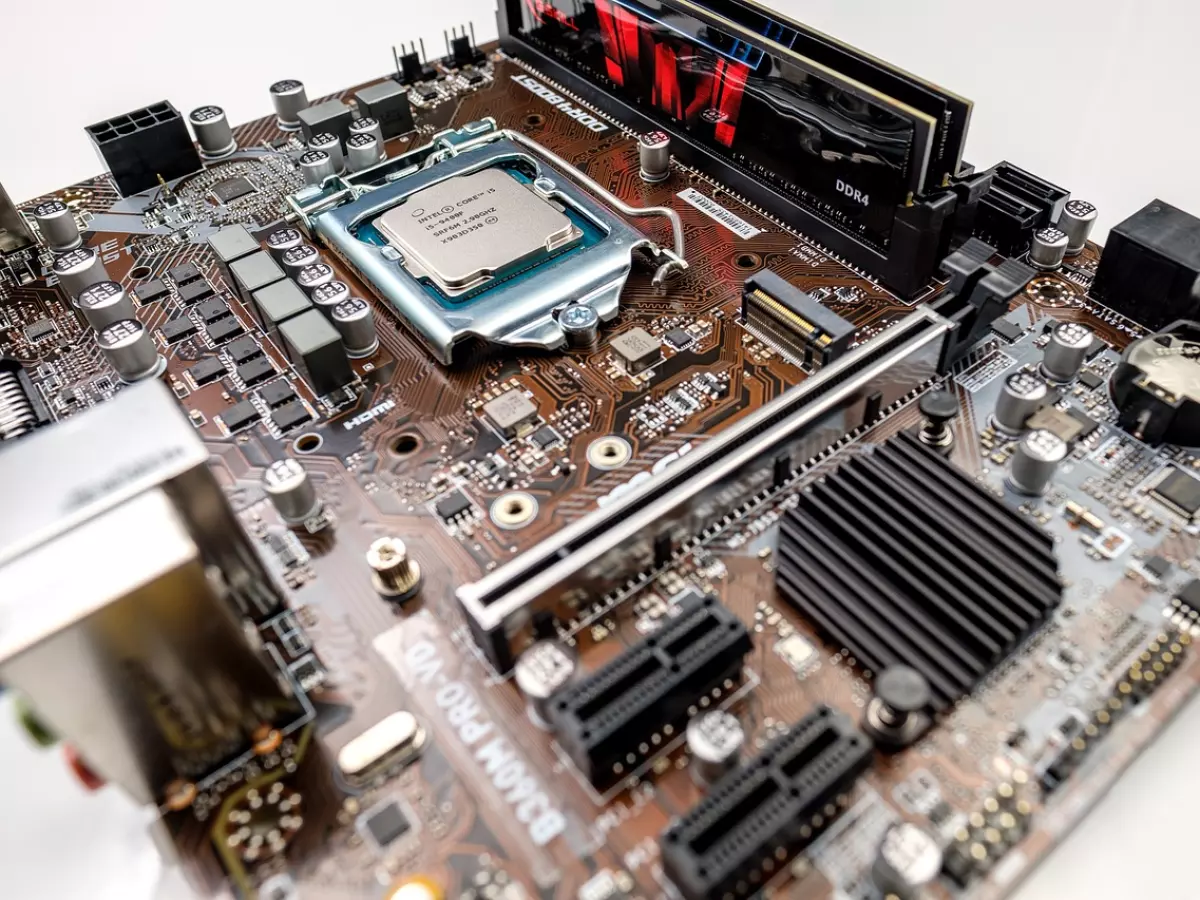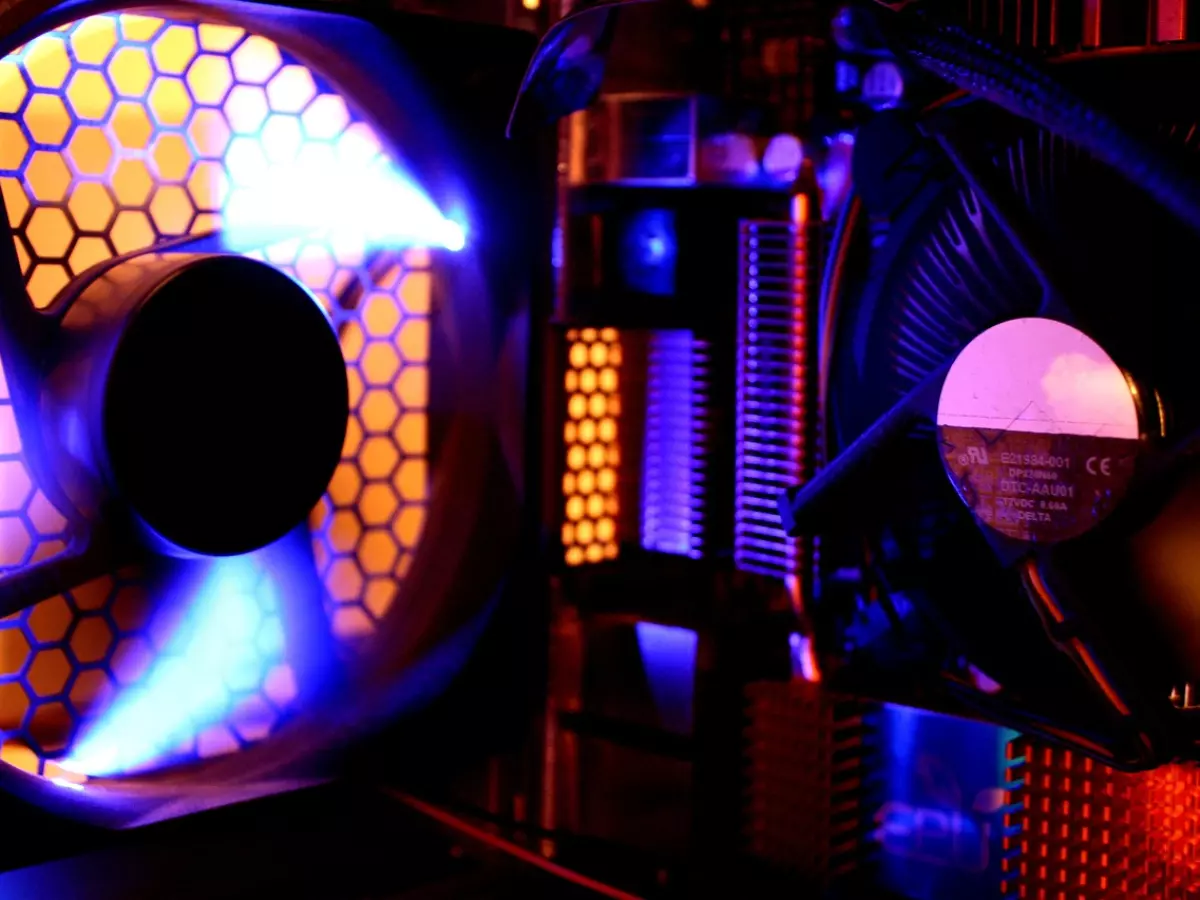Storage Showdown
Remember when we used to measure storage in megabytes and thought we’d never fill it up? Yeah, good times. Now, we’re out here debating whether to go with an SSD or an HDD, and let me tell you—it’s a whole new world.

By Priya Mehta
Let’s kick things off with a fun fact: The average SSD is about 10 times faster than your traditional HDD. Yep, you read that right. But before you go tossing your old hard drive out the window, let’s break down what that actually means for your PC.
First, a little context. SSDs (Solid State Drives) and HDDs (Hard Disk Drives) are the two main types of storage you’ll find in modern PCs. While they both do the same job—store your files, games, and cat memes—they do it in very different ways. And trust me, those differences matter.
Speed: The Need for Speed
Okay, let’s talk speed because, let’s be honest, that’s what everyone cares about. SSDs are like the Usain Bolt of storage. They use flash memory, which means they can read and write data much faster than HDDs, which rely on spinning disks (kind of like a vinyl record, but way less cool). If you’re booting up your PC or loading a game, an SSD will get you there in seconds, while an HDD might leave you staring at a loading screen, wondering where it all went wrong.
But here’s the thing: Do you really need that speed? If you’re a gamer, video editor, or someone who just hates waiting, then yes, absolutely. SSDs will make your life infinitely better. But if you’re just using your PC for basic tasks like web browsing and writing emails, an HDD might be more than enough.
Durability: Can It Survive the Apocalypse?
Let’s face it: We’ve all dropped our laptops at least once (or twice, or... you get the idea). So, durability is a big deal. HDDs have moving parts, which means they’re more prone to damage if you drop them or even just bump them the wrong way. SSDs, on the other hand, have no moving parts, making them much more durable and shock-resistant. In other words, if you’re clumsy (no judgment here), an SSD might be the safer bet.
That said, HDDs aren’t exactly fragile. They’ve been around for decades, and they’re still kicking. But if you’re someone who’s constantly on the go, throwing your laptop into a backpack and running out the door, an SSD’s durability could save you a lot of headaches (and lost data).
Capacity: How Much Stuff Can You Hoard?
Alright, let’s talk storage capacity. This is where HDDs have a bit of an edge. You can get an HDD with a massive amount of storage—like 4TB or even 10TB—for a relatively low price. That’s a lot of room for games, movies, and, let’s be real, a ridiculous number of memes.
SSDs, on the other hand, tend to be more expensive per gigabyte. So if you need a ton of storage, an HDD might be the more budget-friendly option. But here’s the catch: Do you really need that much space? With cloud storage becoming more popular and affordable, you might not need to store everything on your PC. In that case, an SSD with less storage but faster speeds could be the better choice.
Price: What’s the Damage?
Speaking of budget, let’s get into the nitty-gritty of cost. HDDs are generally much cheaper than SSDs. You can get a 1TB HDD for around $40, while a 1TB SSD could set you back $100 or more. So if you’re on a tight budget, an HDD might seem like the obvious choice.
But here’s where things get interesting: SSD prices have been dropping steadily over the past few years. While they’re still more expensive than HDDs, the gap is closing. And when you factor in the speed and durability benefits of an SSD, it might be worth spending a little extra for the upgrade.
Longevity: Will It Last?
Now, let’s talk about how long these drives will actually last. HDDs have a limited lifespan because of their moving parts. Over time, the spinning disks can wear out, leading to data loss or failure. SSDs, on the other hand, don’t have this problem. However, SSDs do have a limited number of write cycles, meaning they can only be written to so many times before they start to degrade.
That said, for most people, this isn’t something to worry about. Unless you’re constantly writing and deleting massive amounts of data (like if you’re editing 4K video all day), your SSD will likely last for years without any issues. And even if it does start to degrade, it’ll usually give you plenty of warning before it fails completely.
Noise: Silence Is Golden
One last thing to consider: noise. HDDs can be noisy because of their spinning disks. If you’ve ever heard a faint whirring or clicking sound coming from your PC, that’s probably your HDD doing its thing. SSDs, on the other hand, are completely silent. So if you’re someone who values peace and quiet (or if you just don’t want your PC sounding like a jet engine), an SSD might be the way to go.
The Verdict: Which One Should You Choose?
So, which is better: SSD or HDD? Well, it depends on what you need. If you’re all about speed, durability, and silence, an SSD is the clear winner. But if you need a lot of storage and you’re on a budget, an HDD might be the better option.
At the end of the day, it’s all about finding the right balance for your needs. And hey, if you really can’t decide, why not go for both? Many PCs these days come with a combination of SSD and HDD storage, giving you the best of both worlds. You can use the SSD for your operating system and important files, while the HDD handles all your extra stuff. Problem solved!
So, whether you’re team SSD or team HDD, just remember: The best storage option is the one that works for you. And no matter which one you choose, your PC will thank you.





